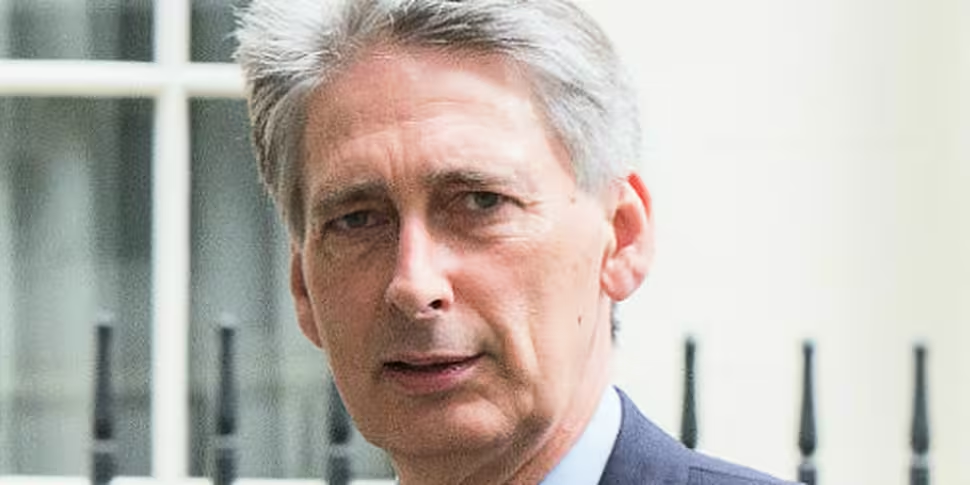Britain’s Chancellor has warned the union is facing “eye-wateringly” large levels of debt due to uncertainty surrounding Brexit.
Philip Hammond has admitted the British government “will not have any clarity” on future trading arrangements after it triggers Article 50 to begin the Brexit process.
He said the British economy is facing a “sharp challenge” with many forecasts expecting economic growth to slow down next year.
"We have to maintain our credibility - we have eye-wateringly large debt, we still have a significant deficit in this country and we have to prepare the economy for the period that lies ahead,” he said.
"I want to make sure that the economy is watertight, that we have enough headroom to deal with any unexpected challenges over the next couple of years and most importantly, that we're ready to seize the opportunities of leaving the European Union."
Mr Hammond will deliver his “Autumn Statement” on key economic projections and spending plans for British government departments on Wednesday.
He cautioned those expecting giveaways that the British economy is facing a "sharp challenge" but said the Government's priority would be helping ‘Just About Managing’ families.
The statement is expected to include £1.3bn improvements to Britain’s road infrastructure.
Britain is reportedly facing a £100bn black hole in public finances over the decision to leave the EU and Mr Hammond said it is “clear that inflation is back.”
Opposition work and pensions secretary Debbie Abrahams told Sky News there were alternatives to cutbacks that harm people on low incomes.
"Inequality in this country is getting worse. We've seen boardroom pay increase by 50% where the average income of a worker has only increased by 2% in real terms,” she said.
"This is not the Britain that we want. It's about making sure that businesses bear the brunt of the cuts, not people on low income, low pay and the disabled."









